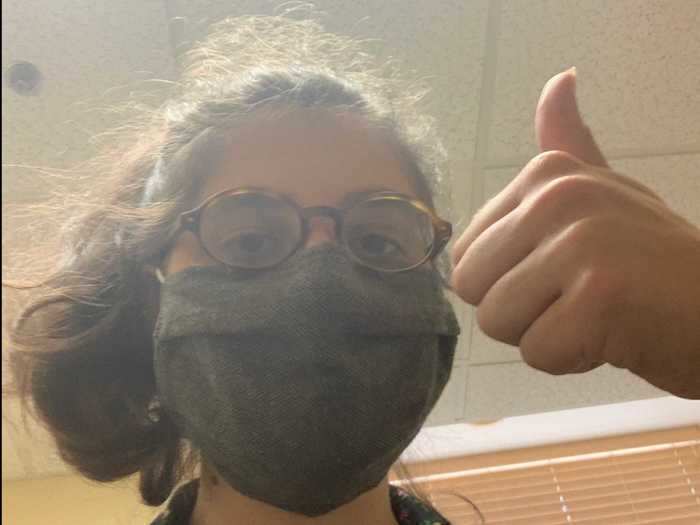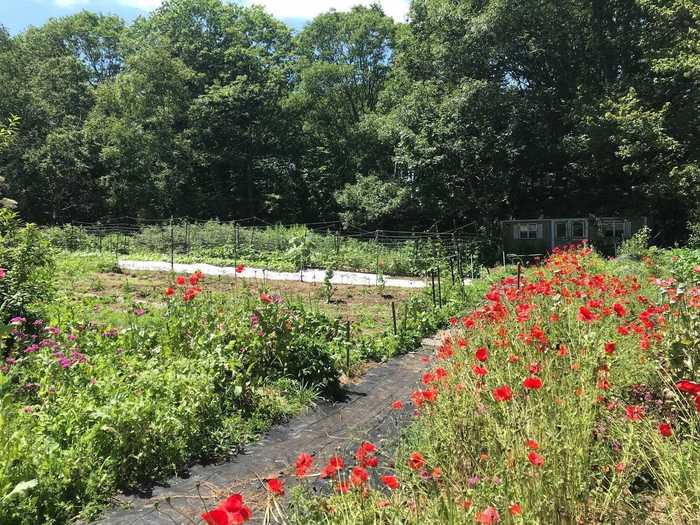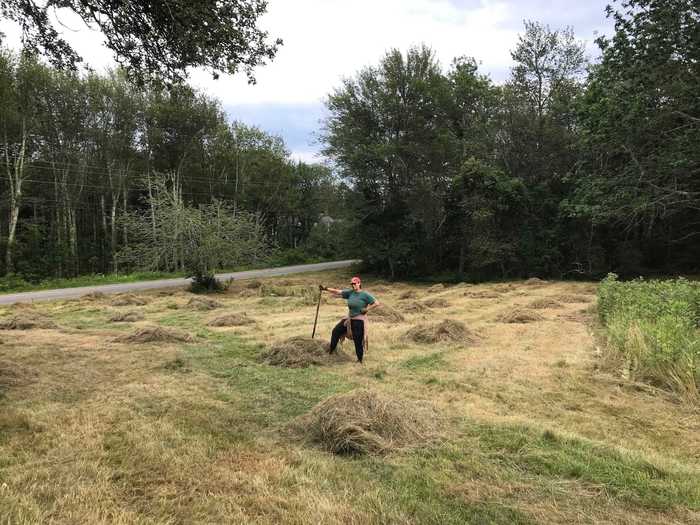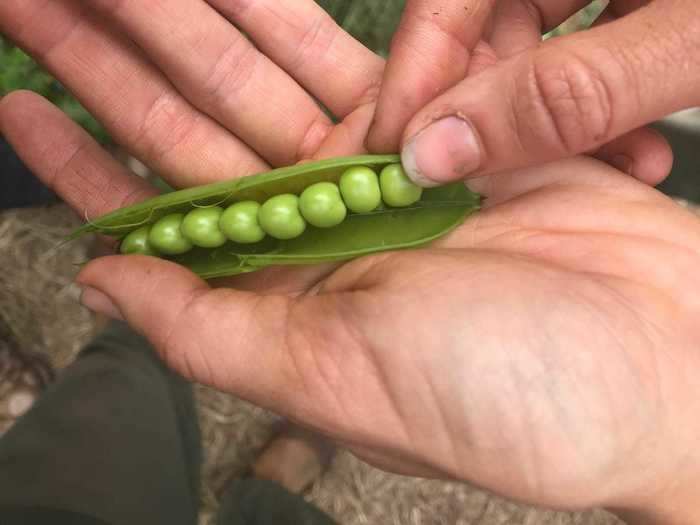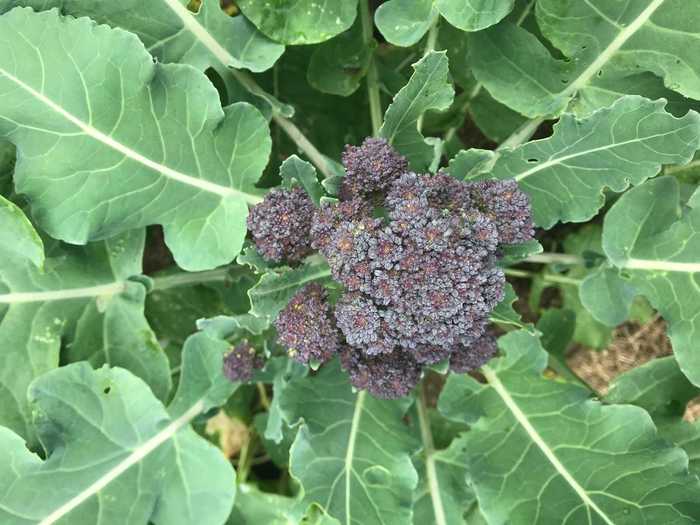My job ended during the pandemic, so I left New York and moved to a farm in Maine — and it's changed how I think about work and food
Michaela Schwartz
Michaela Schwartz moved to a farm in Maine.Maddie Molot
- Michaela Schwartz is a writer/producer living in New York. Originally from Boston, she graduated from Barnard College with a bachelor's degree in Film and Gender Studies.
- When her television job ended in April, she saw no return to normalcy in sight for entertainment — so she decided to pursue her fantasy of going to work on a farm.
- In July she made this dream a reality: she left New York after getting tested for COVID, got tested again at home in Boston, and then set off for a farm in Maine.
- She works 36 hours a week on farm tasks, and has learned the realities of the labor that go into the food supply chain — as well as the inequities within farming.
- She's not sure what her next move is, but she will be thinking more intentionally about her labor as she considers working post-farm.
All through this winter, pre-pandemic, I had been fantasizing about going to work on a farm or in a small cafe in New England. I could see it all: I would spend my days bottle feeding baby goats, sitting around campfires, and drinking homemade lemonade in a field of wildflowers. I was itching to do a different kind of work than I was used to and take a break from the desk jobs I had been working since college graduation.
When my TV production/development job ended in April, there was no return to normalcy in sight for the entertainment industry. I sat in my NYC apartment from March through the end of June, reading and cooking and calling my representatives.
READ MORE ARTICLES ON
Popular Right Now
Popular Keywords
Advertisement


